December 7
Energy crisis is highlighting consumer awareness and driving energy efficiency
For over a year now, Europe is facing an unprecedented energy crisis driven largely by supply shortages and uncertainty. Skyrocketing natural gas and electricity prices have led to supplier bankruptcies while consumers are feeling the financial hardships more than ever. This energy crisis further intensified after the Russian invasion of Ukraine and it is undeniable that it primarily became an energy supply crisis. Efforts towards energy sustainability, mainly through renewable sources, have been in the epicentre of the energy transition talks for a long time now, but Europeans recently had to find ways to accelerate the introduction of alternative sources in the energy mix, as gas supply from Russia has been reduced or even halted in some cases.
The European Commission and subsequently governments, realizing that energy adequacy is imperative, had to act again and besides temporary financial support measures to mitigate the burden of high prices, aimed at enhancing consumer awareness via energy efficiency campaigns. This initiative has a double significance, it also contributes to Europe meeting its targets, as energy efficiency has always been a key element in EU’s energy policy.
REPowerEU plan¹, was Commission’s main response towards this direction and set out the longer term targets for energy diversification and acceleration of clean energy, while on the other hand, set recommendations on saving energy, for immediate effects (both on consumer bills and energy security). In line with EC’s plan, member states initially agreed on a voluntary 15% consumption cut and since then several European governments introduced their own strategy to meet this target, through efficiency recommendations or even more extensive saving campaigns. Indicative examples of such campaigns include: Austria’s “Mission 11” ², with the goal of saving 11% of the domestic energy use; Finland’s “Astetta Alemmas” ³ is suggesting energy-efficiency tips, changing consumers’ habits concerning energy usage and shifting to off-peak consumption by pre-heating or smart charging of EVs; Luxembourg’s “Zesumme spueren - Zesummenhalen”, a campaign⁴ which objective is to encourage the state, municipalities, companies and households to save energy by 15% compared to the previous five years. Although it started as a voluntary collective effort, the government mentions that it might become mandatory, depending on the developments. Additionally, most governments are also focusing on savings in public infrastructure e.g. by limiting lighting and lowering temperature in public buildings.
Another approach is to impel consumers through targeted financial incentives, focusing mainly on demand flexibility and peak reduction. The national grid operator in Great Britain decided on such a demand flexibility service⁵ for this winter, meaning that households and businesses can save if actively reduce their electricity use during peak hours, following signals from the grid operator. A similar demand behaviour scheme is found in Greece⁶, where the government’s energy subsidy calculation will now consider energy savings compared to the previous year, for higher consumption levels.
Author:
Ioannis Korras, Energy Market Analyst
Sources:
[1] European Commission: “REPowerEU: affordable, secure and sustainable energy for Europe”
[2] Mission 11: “Gemeinsam sparen wir 11 % Energie!”, 2022
[3] Astetta Alemmas: “Jotta energiaa riittää meille kaikille”, 2022
[4] Le Gouvernement Luxembourgeois: “Zesumme spueren – Zesummenhalen”, 27.10.2022
[5] NationalGridESO: “ESO’s Demand Flexibility Service Launches”, 04.11.2022
[6] YPEN: “Δήλωση του Υπουργού Περιβάλλοντος και Ενέργειας, Κώστα Σκρέκα, για τα μέτρα στήριξης της κοινωνίας από τις επιπτώσεις της διεθνούς ενεργειακής κρίσης τον Δεκέμβριο”, 25.11.2022
